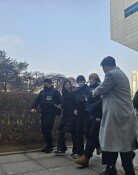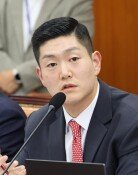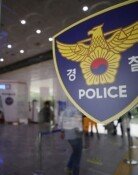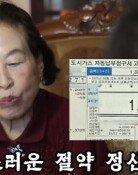Economic team should first address confusion over extra budget, realty
Economic team should first address confusion over extra budget, realty
Posted April. 11, 2022 07:45,
Updated April. 11, 2022 07:45
South Korean President-elect Yoon Suk-yeol has announced his nominees for ministers of his first economic team. People Power Party lawmaker Choo Kyung-ho was nominated as deputy prime minister for economy and finance, former Jeju governor Won Hee-ryong as land, transportation and infrastructure minister, and KAIST professor Lee Chang-yang as trade, industry and energy minister. Choo is a second-term lawmaker who served as vice minister of economy and finance and minister of the office of government policy coordination, while Won served as a fourth-term lawmaker and provincial governor. Lee served at the trade, industry and energy ministry for 15 years. They should pass confirmation hearings before being appointed, but they are largely believed to have the necessary expertise.
“As one team, economy-related ministers will address inflation, a pressing issue, as top priority,” Choo said on Sunday. He also expressed concern about household and national debts, which have reached the highest levels ever. On Yoon’s election pledge to set aside 50 trillion won (about 40.7 billion U.S. dollars) in extra budget to subsidize the self-employed and small and medium business owners, the nominee said, “We should do it. We cannot afford to shelve the extra budget just because of inflation.”
Choo’s remarks that he would push for an extra budget, while expressing concern about inflation, is worrisome. If a massive amount of extra budget is released into the economy at a time when consumer inflation has hit the highest level in 10 years and three months, it will inevitably entail inflationary pressure. An increase in liquidity will prompt the Bank of Korea to raise the benchmark interest rate sooner. A one-percent gain in interest rate will add 18 trillion won (about 14.66 billion dollars) in extra interest households should pay. This will inevitably put further downward pressure on consumption.
Won has been given the grave task of normalizing real estate policy and the tax system that has been wildly distorted. Before anything, the land minister nominee will likely put into practice a plan announced by the presidential transition committee to give exemption to heavier transfer tax imposed to an owner of multiple homes if the owner sells one of the houses that he or she owned for more than two years. The concern is if Won tries to implement President-elect Yoon’s election pledge to lower the property tax and the general real estate tax to the 2020 level, owners of multiple homes may come to think “we can choose not to sell now.”
The Korean economy is on thin ice that can break apart even for a small policy mistake or misjudgment. It is close to being impossible to set aside an extra budget of 50 trillion won by cutting spending without increasing government debt. Even so, if Choo decides to implement an extra budget, he should reduce the amount of the extra budget significantly to minimize impact on inflation, government finances, and household debts, and seek the public’s understanding. Won should improve policies and systems carefully and meticulously to ensure that rising home prices in certain areas will not spread to the entire market. If they fail to put in place proper first measures and thus cause the economy to fail, it will take a significantly longer time to recover.







